Gentle Food Swaps to Soothe Arthritis Pain Naturally
Imagine a life where every simple movement, from tying a shoe to reaching for a book, is met with an unseen protest from your joints. For millions battling the relentless whisper of arthritis, this isn't imagination—it's daily reality. While traditional medicine offers vital relief, a growing number are discovering a powerful, yet overlooked, ally in their own kitchens. Your diet, often an overlooked player in the body's inflammation cycle, can also be your most potent prescription for comfort. This isn't about drastic overhauls; it's about intelligent swaps, subtle shifts that can significantly reduce discomfort and reclaim fluidity. We’ve meticulously curated 24 surprising food swaps that promise not just relief, but a renewed sense of well-being, proving that easing arthritis discomfort can begin right on your plate.
1. Swap Red Meat for Fatty Fish
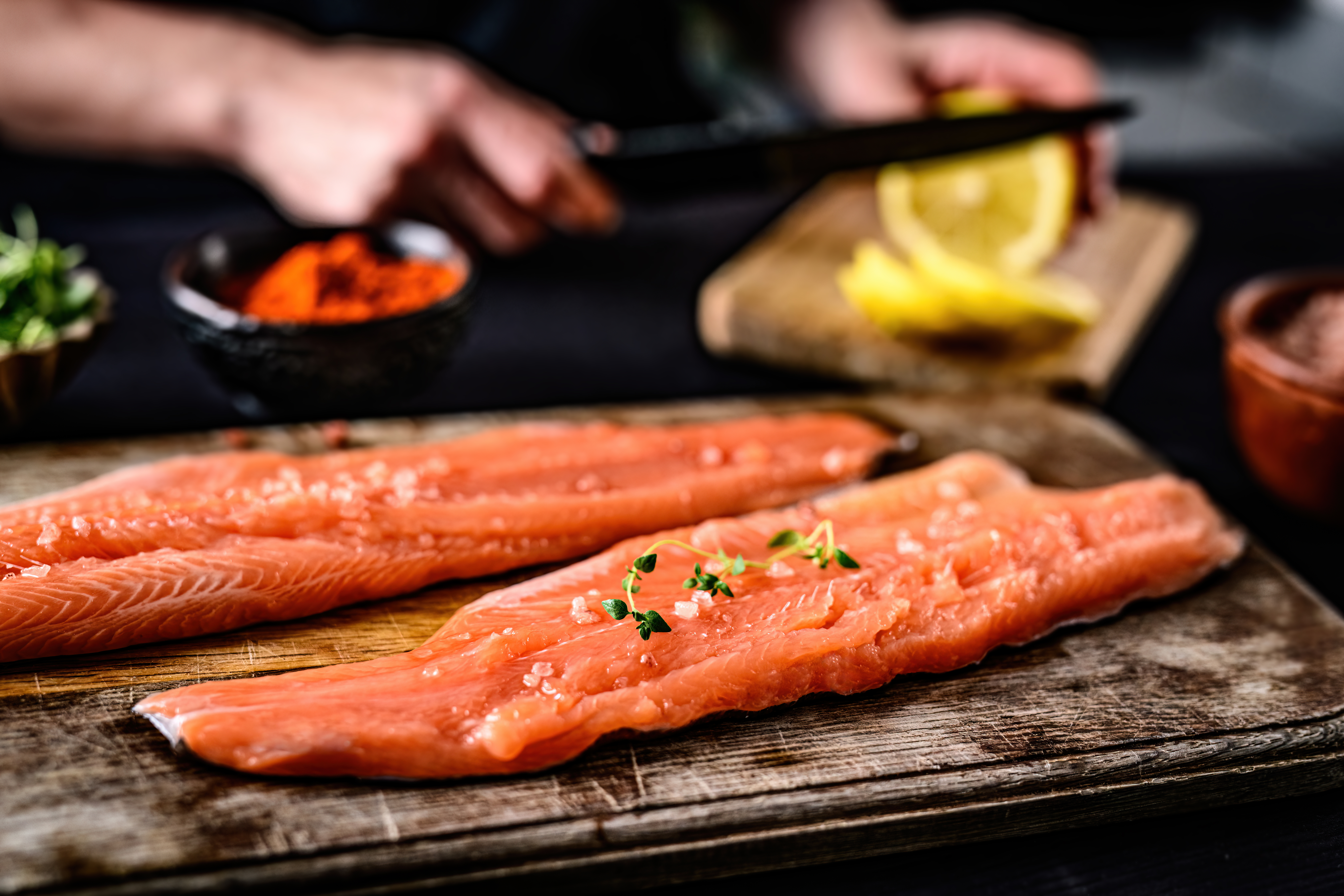
Red meat, often high in saturated fats, can exacerbate inflammation in the body, potentially worsening arthritis symptoms. Replacing red meat with fatty fish such as salmon, mackerel, or sardines introduces omega-3 fatty acids into your diet. Omega-3s are renowned for their anti-inflammatory properties, which can help reduce joint pain and stiffness. Additionally, these fatty acids support heart health and overall brain function, making them a beneficial addition to any diet. By choosing fish over red meat, you not only address inflammation but also promote a healthier lifestyle.
2. Trade Refined Grains for Whole Grains
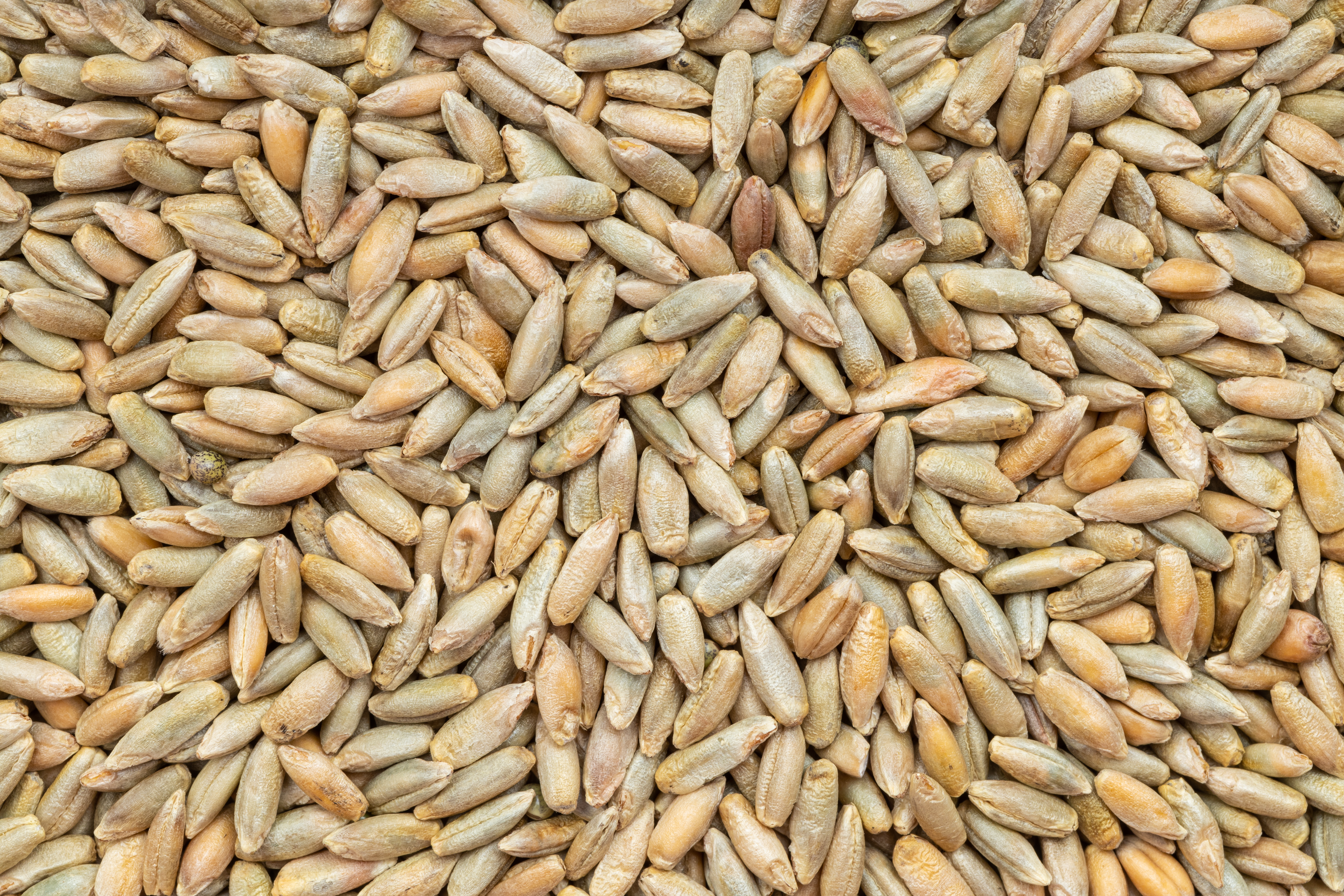
Refined grains, found in white bread and pasta, can spike blood sugar levels and contribute to inflammation. Whole grains, like brown rice, quinoa, and whole wheat, provide fiber and essential nutrients that help regulate blood sugar and reduce inflammation. The fiber content in whole grains aids in maintaining a healthy weight, which is crucial for managing arthritis since excess weight adds pressure to the joints. By making this simple swap, you support joint health and overall metabolic function, paving the way for improved arthritis management.
3. Replace Sugary Snacks with Fresh Fruits

Sugary snacks can lead to increased inflammation and weight gain, both of which are detrimental to arthritis sufferers. Fresh fruits, on the other hand, offer natural sugars, fiber, and a plethora of vitamins and antioxidants. Berries, for instance, are rich in anthocyanins, compounds that have been shown to reduce inflammation. Incorporating a variety of fruits into your diet can satisfy sweet cravings while providing nutrients that support joint health and reduce oxidative stress. This swap not only aids in managing arthritis but also enhances overall nutritional intake.
4. Substitute Vegetable Oils with Olive Oil

Many vegetable oils contain high levels of omega-6 fatty acids, which can promote inflammation if consumed in excess. Olive oil, particularly extra virgin olive oil, is rich in monounsaturated fats and oleocanthal, a compound with anti-inflammatory effects similar to ibuprofen. Using olive oil as a primary cooking oil can reduce inflammation and improve cardiovascular health. This simple change in your cooking routine can have profound effects on your arthritis symptoms, as well as your overall health, making it a worthwhile adjustment.
5. Opt for Nuts and Seeds Over Processed Snacks
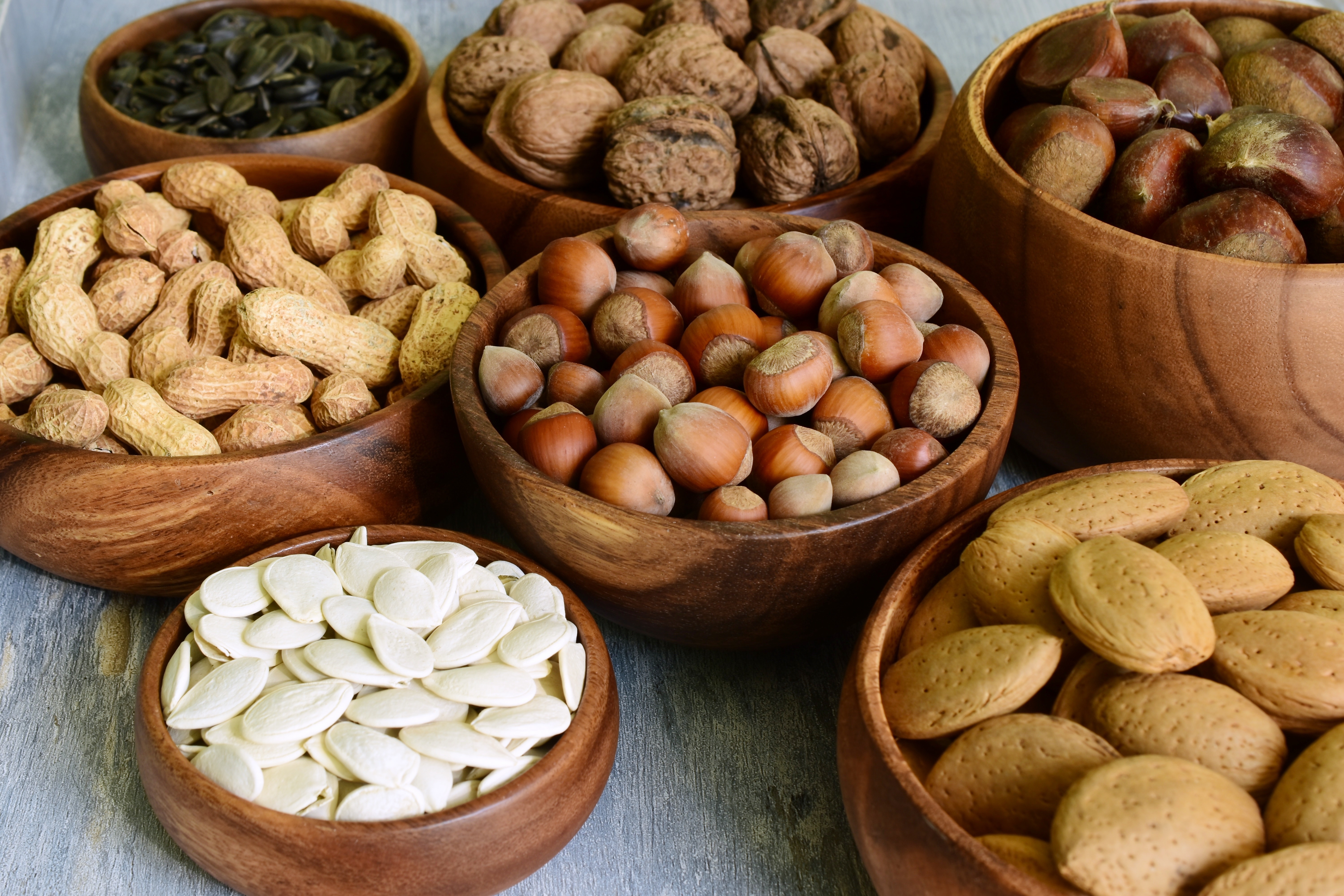
Processed snacks often contain unhealthy trans fats and preservatives that can exacerbate inflammation. Nuts and seeds, such as almonds, walnuts, and flaxseeds, are excellent sources of healthy fats, protein, and fiber. They also provide essential nutrients like magnesium and vitamin E, which have anti-inflammatory properties. By choosing nuts and seeds over processed snacks, you not only satisfy hunger but also support joint health and reduce inflammation. This swap is an easy and delicious way to incorporate more anti-inflammatory foods into your diet.
6. Exchange Dairy with Plant-Based Alternatives
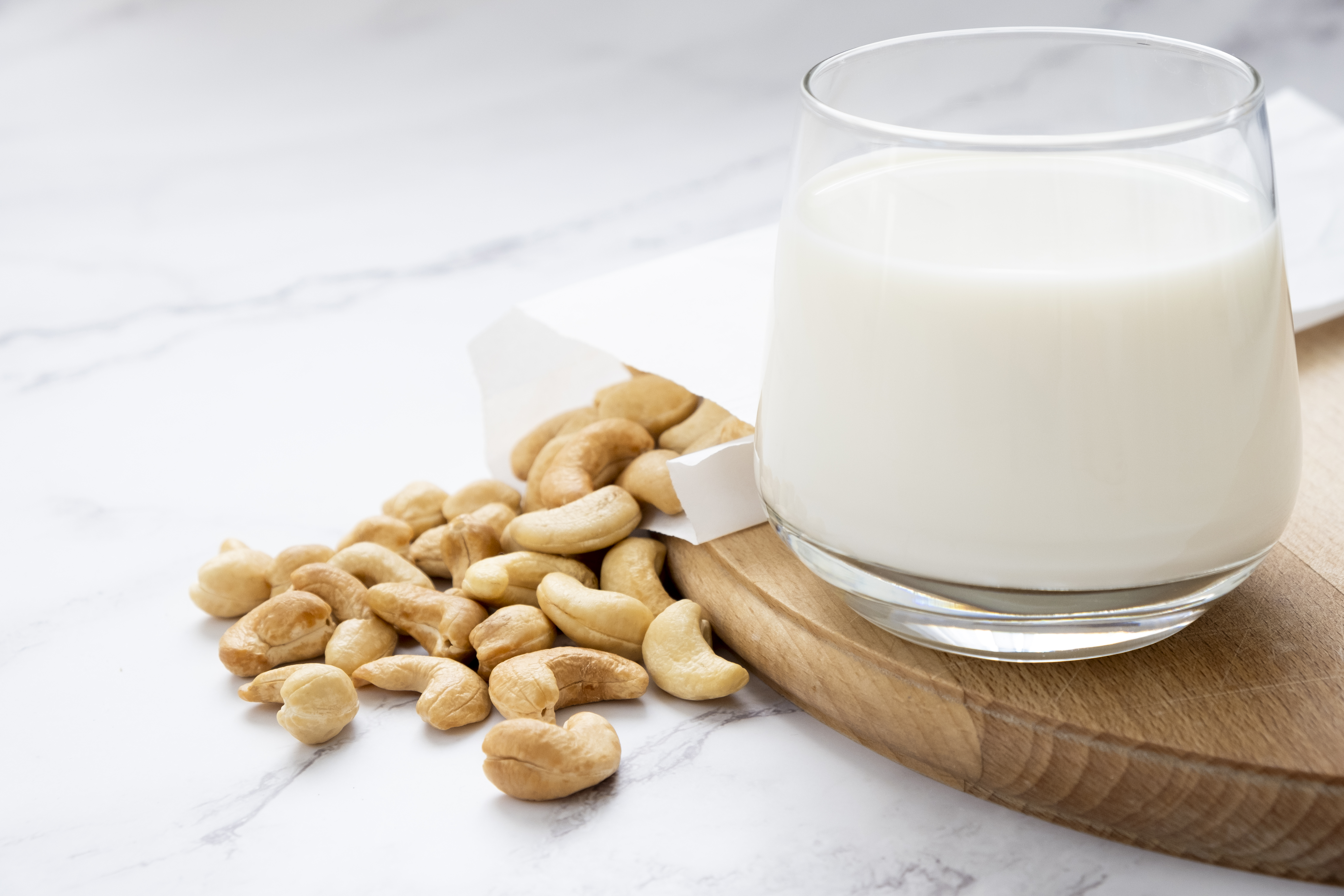
Dairy products can be inflammatory for some individuals, especially those with lactose intolerance or sensitivity to casein. Plant-based alternatives, such as almond milk, coconut yogurt, and cashew cheese, offer similar textures and flavors without the inflammatory potential. These alternatives are often fortified with calcium and vitamin D, essential nutrients for bone health. By choosing plant-based dairy options, you can reduce inflammation and support your body's overall health, particularly if you notice that dairy exacerbates your arthritis symptoms.
7. Choose Herbal Teas Over Caffeinated Beverages

Caffeinated beverages, like coffee and certain sodas, can contribute to dehydration and inflammation. Herbal teas, such as ginger, turmeric, and green tea, provide hydration and anti-inflammatory benefits. Ginger and turmeric are particularly noted for their ability to reduce joint pain and stiffness. Green tea is rich in polyphenols, antioxidants that combat oxidative stress and inflammation. By swapping caffeinated drinks for herbal teas, you not only reduce inflammation but also enjoy a soothing and beneficial beverage.
8. Swap Salt with Herbs and Spices

Excessive salt intake can lead to water retention and increased blood pressure, both of which can negatively impact arthritis. Herbs and spices, such as turmeric, garlic, and rosemary, offer flavor without the added sodium. Many of these spices also possess anti-inflammatory properties, making them ideal for individuals with arthritis. Turmeric, for example, contains curcumin, a powerful anti-inflammatory compound. By seasoning your meals with herbs and spices instead of salt, you enhance flavor while supporting joint health and reducing inflammation.
9. Replace Sugary Drinks with Water and Lemon

Sugary drinks, including sodas and sweetened juices, can lead to weight gain and increased inflammation. Water, infused with lemon, offers hydration and a boost of vitamin C, which is essential for collagen production and joint health. Lemon water can also aid in digestion and detoxification, supporting overall wellness. By choosing water over sugary beverages, you reduce calorie intake and inflammation, contributing to better arthritis management and improved general health.
10. Substitute White Potatoes with Sweet Potatoes

White potatoes have a high glycemic index, which can lead to blood sugar spikes and inflammation. Sweet potatoes, on the other hand, are rich in beta-carotene, fiber, and vitamin C, all of which support immune function and reduce inflammation. Their natural sweetness and versatility make them a delicious and nutritious alternative to white potatoes. By incorporating sweet potatoes into your meals, you enjoy a satisfying food that supports joint health and overall wellness.
11. Opt for Dark Chocolate Over Milk Chocolate

Milk chocolate often contains high levels of sugar and fat, which can contribute to inflammation and weight gain. Dark chocolate, particularly varieties with 70% cocoa or higher, offers antioxidants known as flavonoids, which have anti-inflammatory effects. Consuming dark chocolate in moderation can satisfy sweet cravings while providing health benefits that support joint health. This swap allows you to indulge in a treat that aligns with your goals for managing arthritis and maintaining a healthy lifestyle.
12. Trade Processed Meats for Plant-Based Proteins
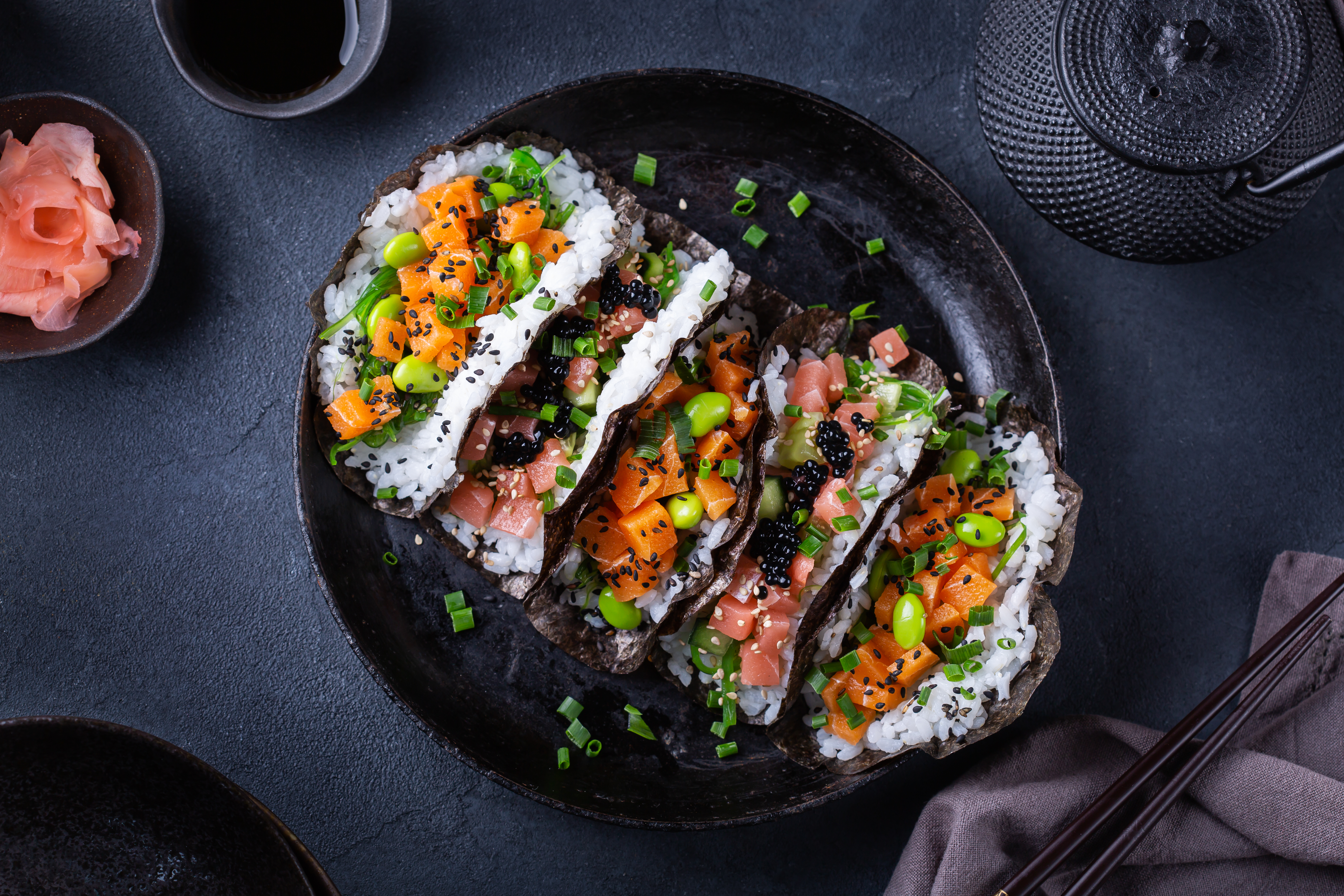
Processed meats, such as sausages and deli meats, contain preservatives and sodium that can increase inflammation. Plant-based proteins, like lentils, beans, and tofu, offer fiber, vitamins, and minerals without the inflammatory additives. These proteins are also lower in saturated fat, supporting heart health and weight management. By choosing plant-based proteins, you reduce inflammation and support joint health, while also contributing to a more sustainable and nutritious diet.
13. Replace Butter with Avocado
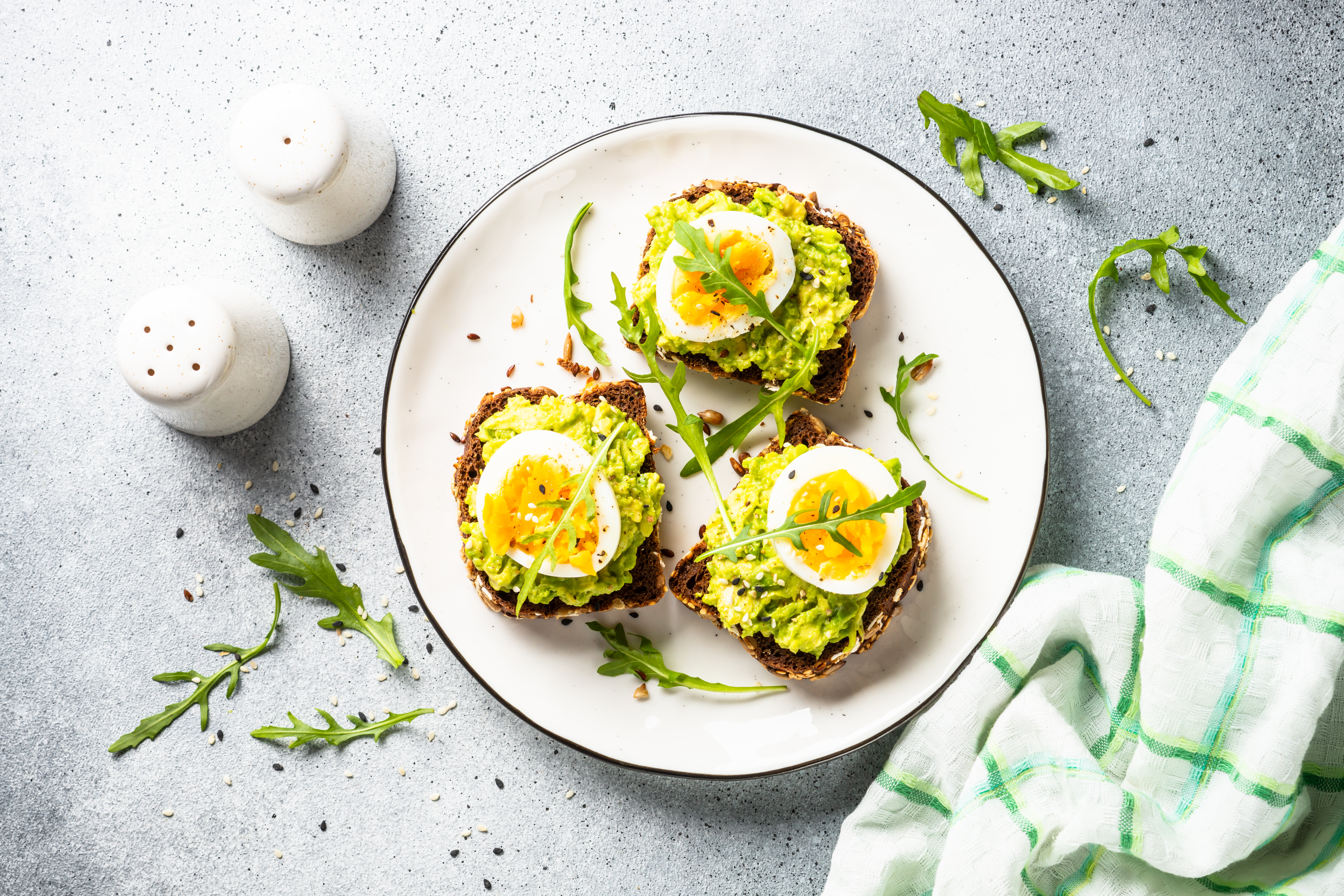
Butter, high in saturated fats, can contribute to inflammation and cardiovascular issues. Avocado, rich in monounsaturated fats, offers a creamy texture and a host of nutrients, including potassium and vitamin E. These nutrients support heart health and have anti-inflammatory properties. Avocado can be used as a spread, in baking, or as a topping, providing versatility and health benefits. By swapping butter for avocado, you enhance your diet with a food that promotes joint health and overall wellness.
14. Choose Fermented Foods Over Processed Pickles
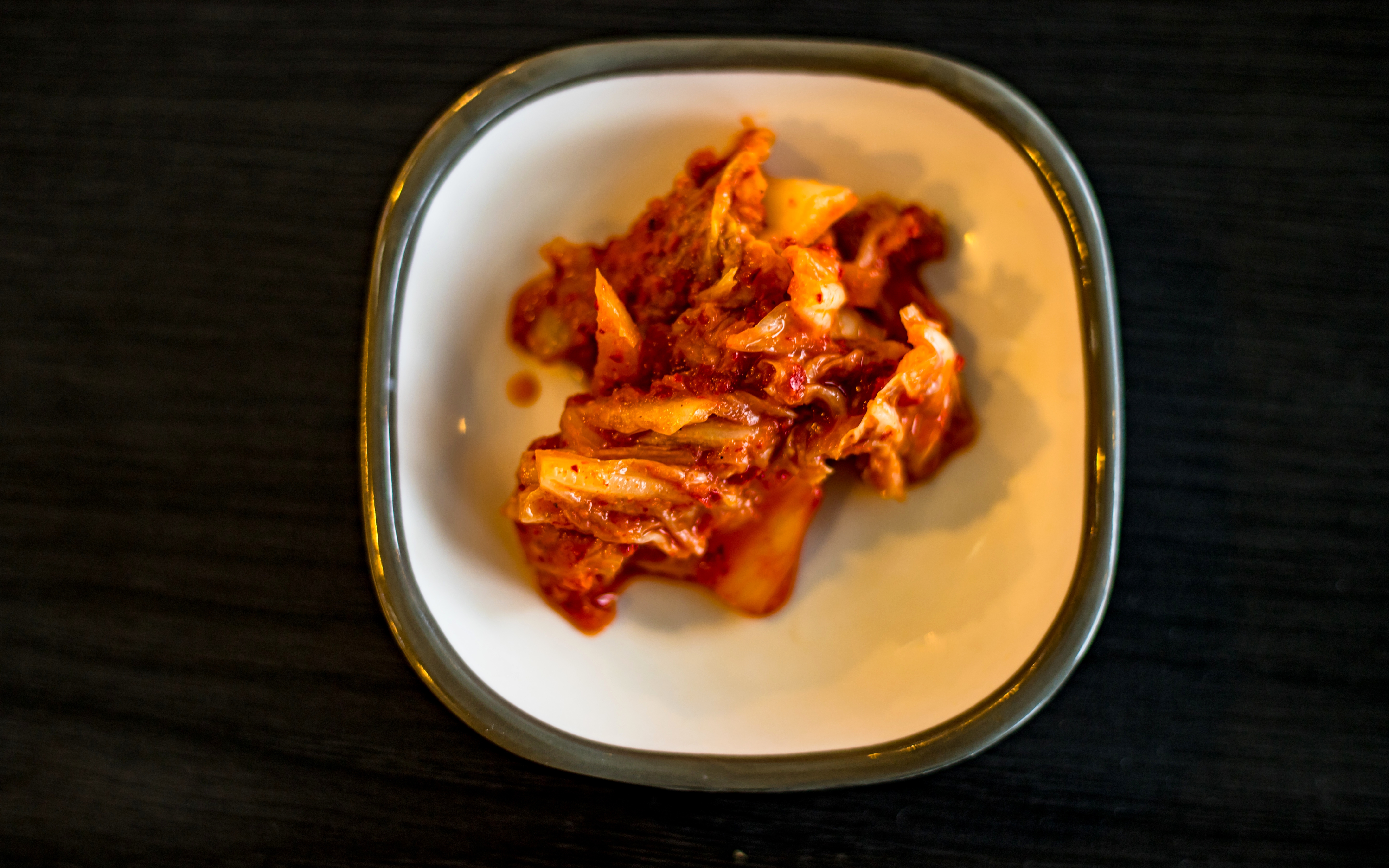
Processed pickles often contain high levels of sodium and preservatives, which can exacerbate inflammation. Fermented foods, such as sauerkraut, kimchi, and kefir, provide probiotics that support gut health and reduce inflammation. A healthy gut microbiome is crucial for overall health, including joint health, as it influences the body's inflammatory response. By incorporating fermented foods into your diet, you improve digestion and support a balanced inflammatory response, aiding in the management of arthritis symptoms.
15. Swap Artificial Sweeteners for Stevia or Monk Fruit

While many believe artificial sweeteners are a 'healthier' sugar alternative, emerging research suggests some can negatively impact gut health, potentially increasing inflammation. Instead of reaching for aspartame or sucralose, opt for natural, zero-calorie alternatives like stevia or monk fruit. These plant-derived sweeteners offer sweetness without the inflammatory baggage. They are stable in various temperatures, making them ideal for everything from your morning tea to baking. This subtle switch reduces your exposure to compounds that might unknowingly trigger inflammation, supporting a more peaceful internal environment for your joints.
16. Trade Conventional Eggs for Pasture-Raised Eggs

Not all eggs are created equal when it comes to inflammation. Eggs from conventionally raised chickens often have a higher omega-6 to omega-3 ratio due to their corn and soy-heavy diets, potentially contributing to inflammation. Switching to pasture-raised eggs ensures chickens forage naturally, resulting in eggs richer in anti-inflammatory omega-3s, Vitamin D, and antioxidants like lutein and zeaxanthin. This isn't just about ethical farming; it's about optimizing the nutritional profile of a common food to actively reduce the inflammatory load on your joints. Look for labels explicitly stating "pasture-raised."
17. Replace Refined Seed Oils in Mayo for Avocado Oil Mayo
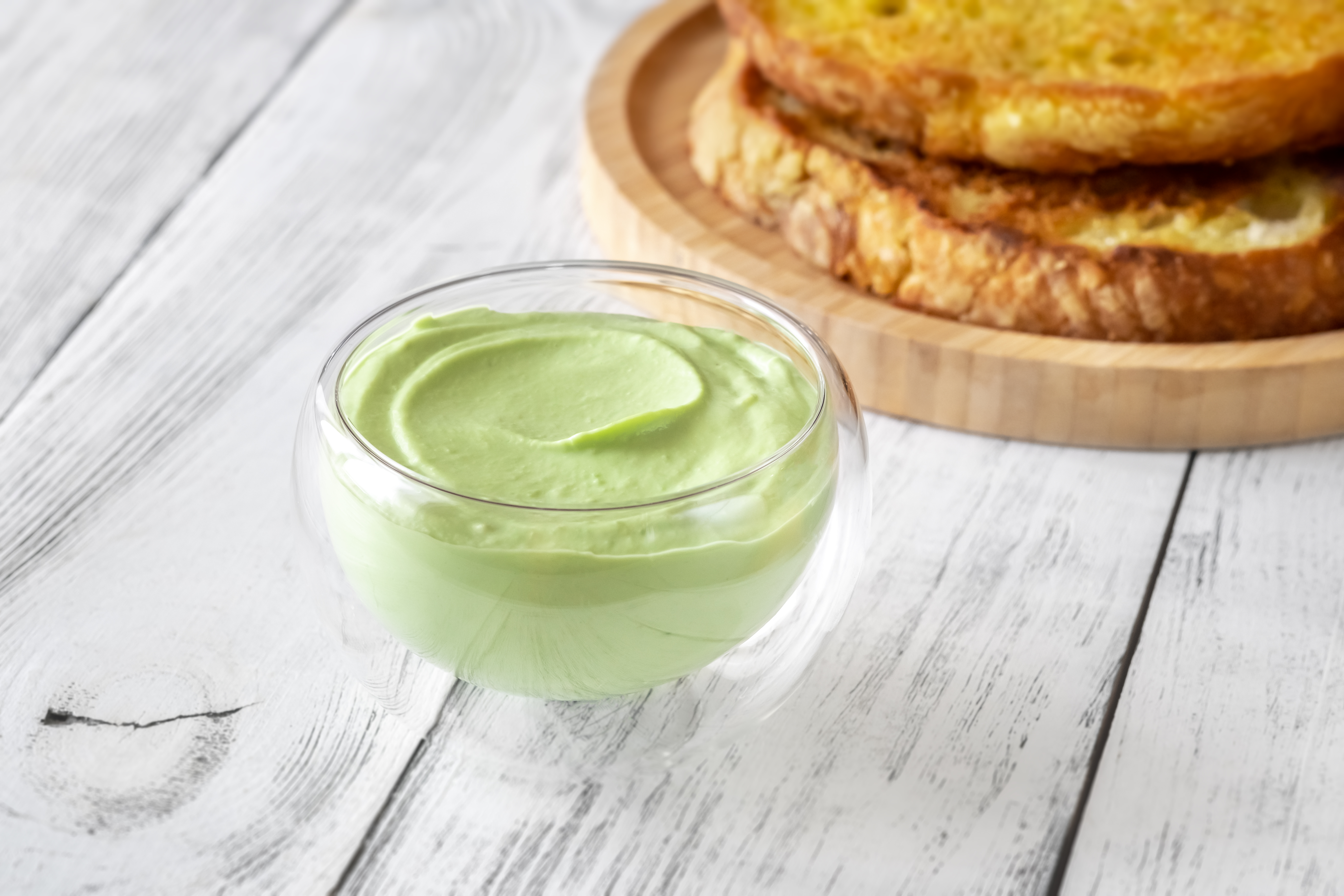
Store-bought mayonnaise is often a hidden source of highly inflammatory refined seed oils like soybean, canola, or sunflower oil, which are high in omega-6s. This can quietly undermine your efforts to reduce inflammation. A surprising swap is to replace traditional mayo with one made from avocado oil. Avocado oil is rich in monounsaturated fats, similar to olive oil, and has a neutral flavor that works perfectly in dressings, sandwiches, and dips. This simple condiment upgrade removes a significant inflammatory trigger from your diet, offering a delicious and gut-friendly alternative.
18. Swap Inflammatory Nut Butters for Anti-Inflammatory Options
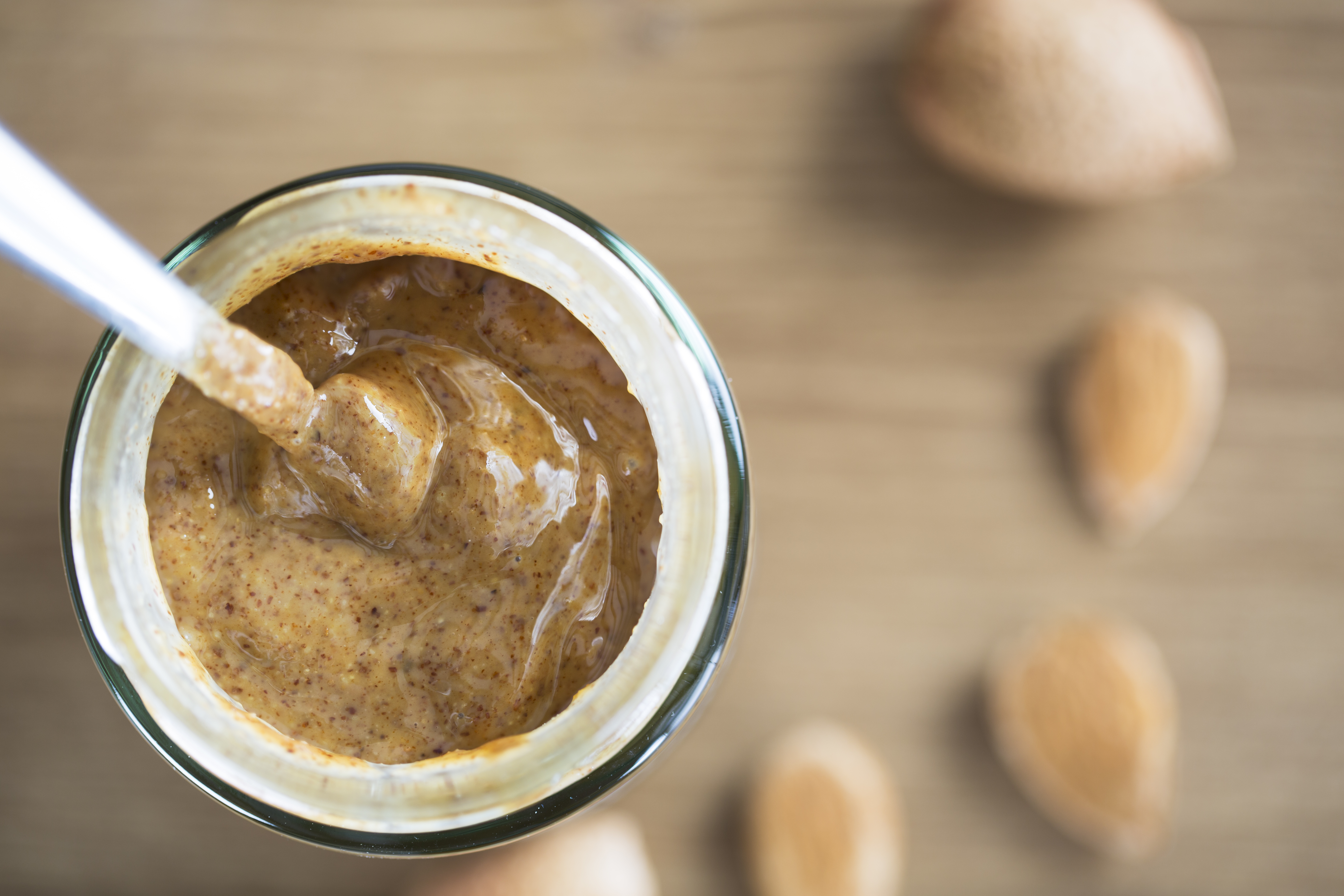
While nuts are generally good, some popular nut butters can be problematic. Conventional peanut butter, for instance, often contains added sugars, hydrogenated oils, and a higher ratio of inflammatory omega-6s. Swap out standard peanut butter for almond or walnut butter. Almond butter offers healthy fats and Vitamin E, while walnut butter is particularly rich in alpha-linolenic acid (ALA), a plant-based omega-3. Always choose brands with minimal ingredients – just nuts and maybe a touch of salt – to ensure you're getting pure, anti-inflammatory goodness without hidden additives.
19. Trade Bagged Iceberg Lettuce for Dark Leafy Greens
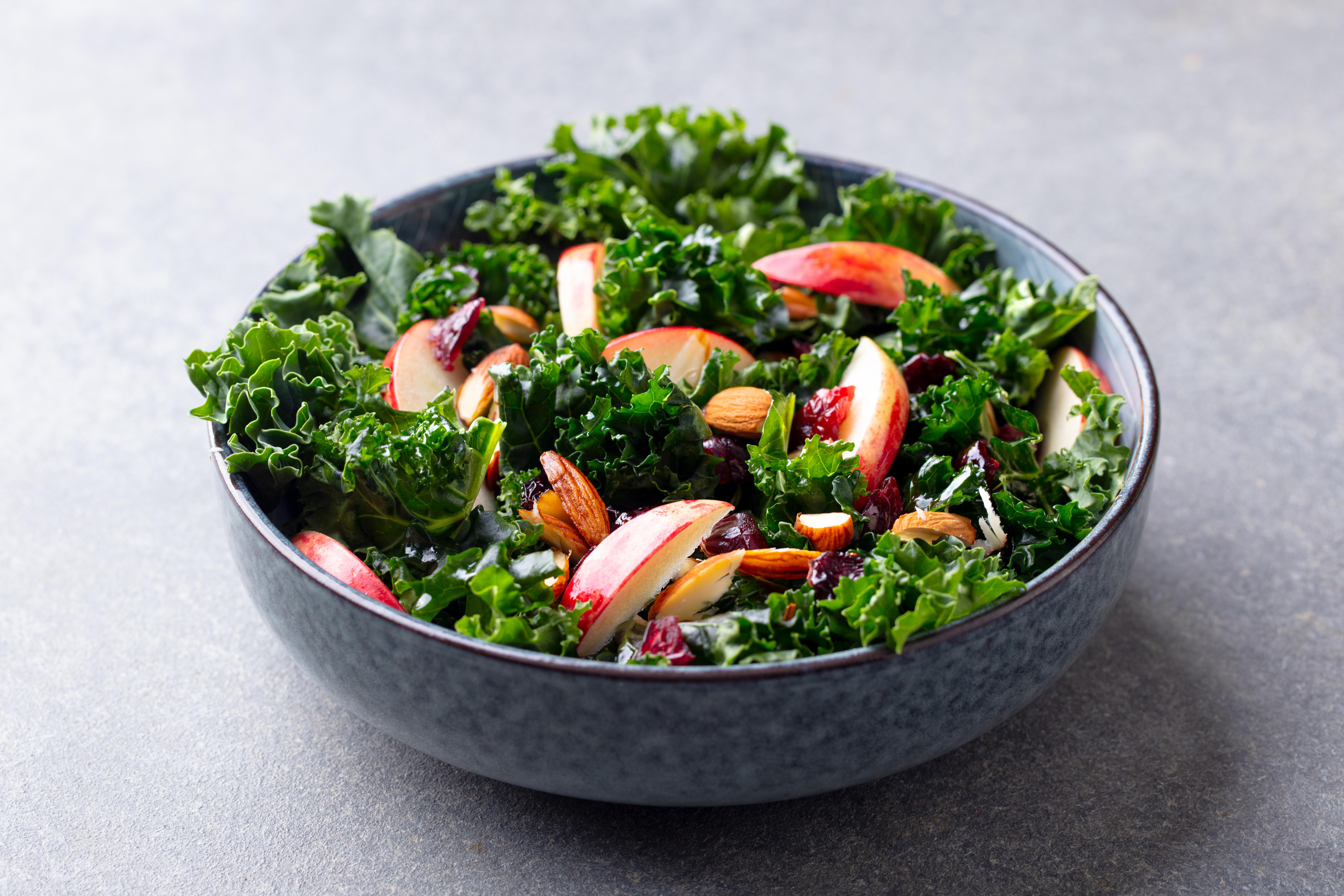
Iceberg lettuce offers little nutritional value beyond water. To actively fight inflammation, replace it with nutrient-dense dark leafy greens like spinach, v, collard greens, or arugula. These greens are packed with vitamins (A, C, K), minerals (magnesium, iron), and potent antioxidants that directly combat inflammation and oxidative stress. They also provide essential fiber for gut health, which indirectly supports a balanced inflammatory response. This swap supercharges your salads and green dishes, transforming them into powerful anti-inflammatory allies for your joints.
20. Replace Commercial Fruit Juices with Whole Fruit Smoothies

Even 100% fruit juice, despite its natural origin, strips away much of the beneficial fiber, leading to a concentrated sugar load that can spike blood sugar and contribute to inflammation. Opt for whole fruit smoothies instead. By blending the entire fruit – skin and all, where applicable – you retain all the fiber, which slows sugar absorption and nourishes your gut microbiome. Add some anti-inflammatory powerhouses like spinach, ginger, or chia seeds. This swap provides natural sweetness and a bounty of anti-inflammatory nutrients without the rapid sugar surge.
21. Trade Canned Beans for Soaked and Cooked Dried Beans/Legumes
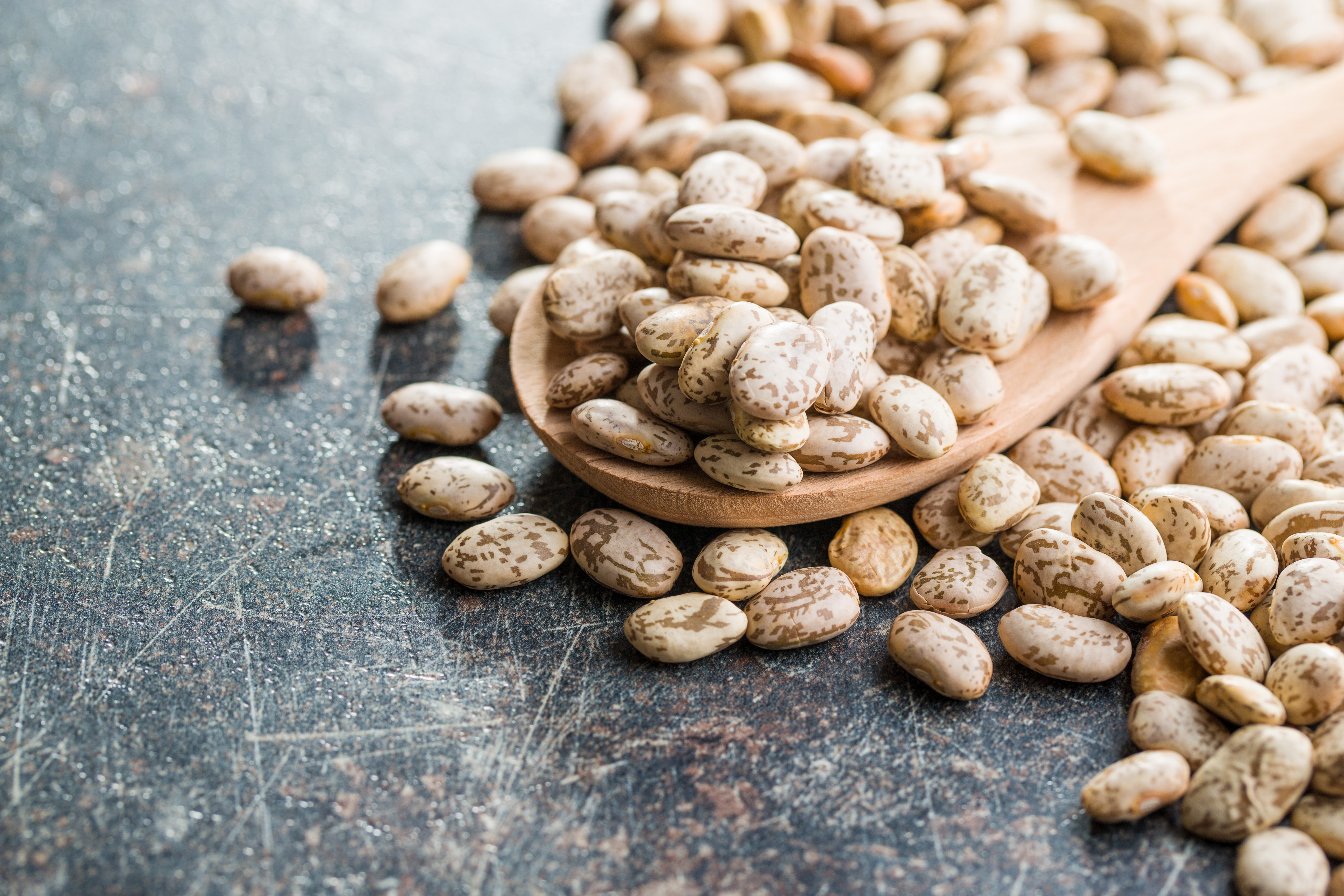
Canned beans are convenient, but they often contain high levels of sodium and can sometimes be a source of BPA from can linings, both potentially pro-inflammatory. Swap them for dried beans and legumes that you soak and cook yourself. Soaking and cooking dried beans not only allows you to control the sodium content but also significantly reduces anti-nutrients like phytates, making them easier to digest and allowing for better nutrient absorption. This labor of love yields a cheaper, fresher, and genuinely more gut-friendly, anti-inflammatory protein source.
22. Replace Inflammatory Cooking Fats for Ghee or Avocado Oil
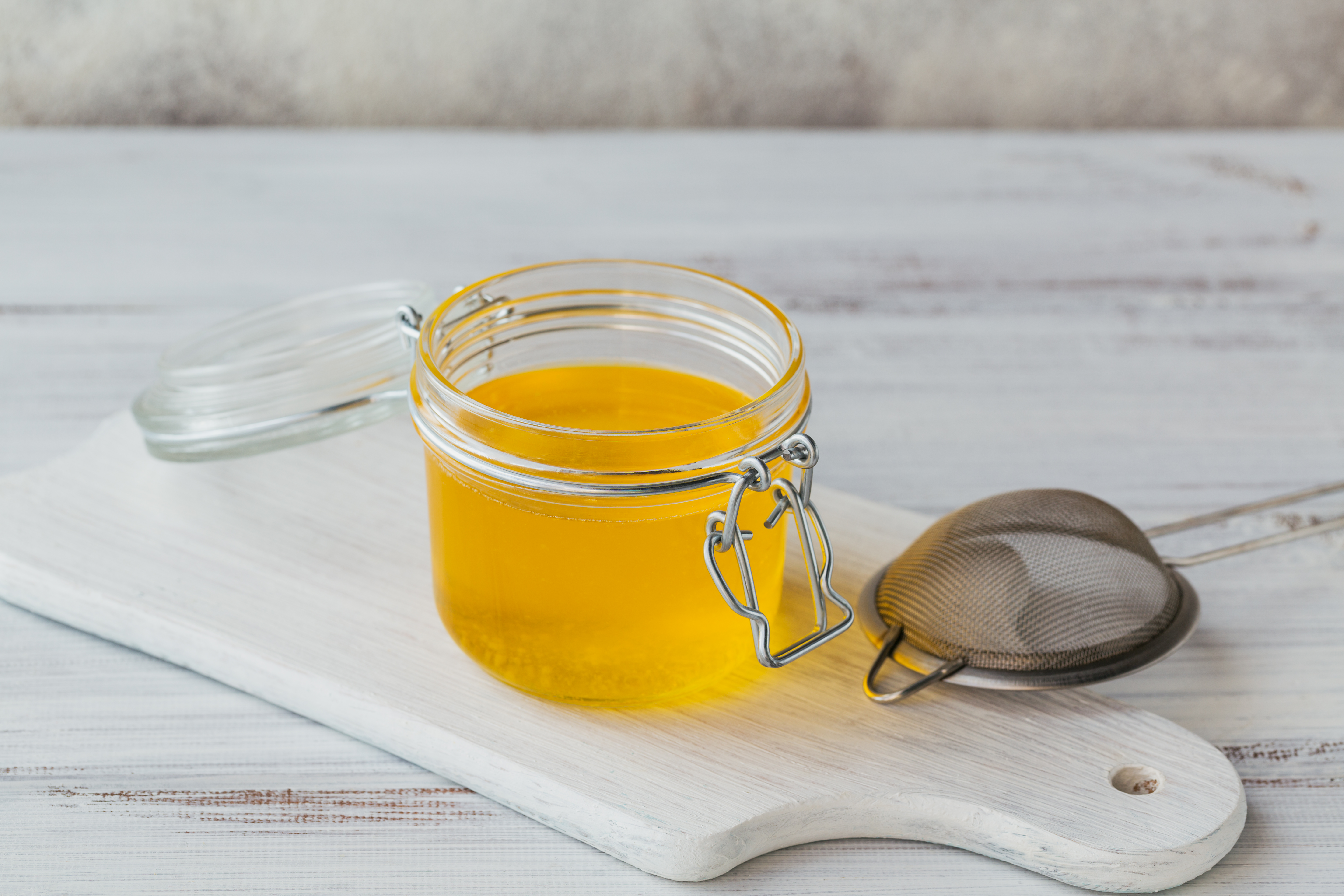
While olive oil is a great choice, some cooking methods require higher smoke points. Ditch inflammatory fats like vegetable shortening or regular butter (if sensitive) for ghee or avocado oil. Ghee, clarified butter, has its milk solids removed, making it easier for some to digest and offers a higher smoke point than butter. Avocado oil is extremely stable at high temperatures and rich in monounsaturated fats. These fats provide excellent alternatives for sautéing or roasting, ensuring your cooking methods don't inadvertently contribute to inflammation.
23. Swap Sugary Condiments for Homemade Herb & Vinegar Dressings
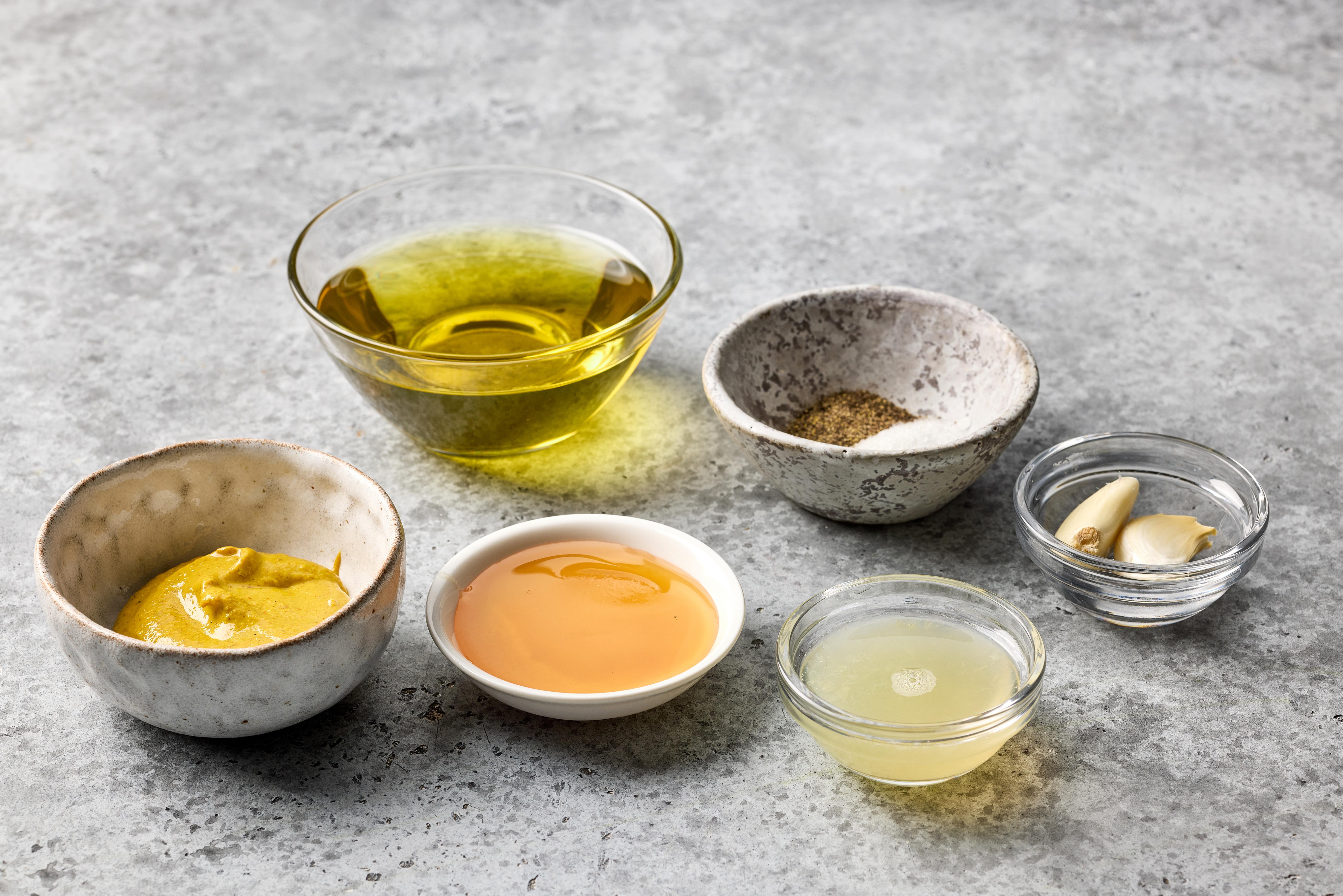
Bottled salad dressings, BBQ sauces, and ketchups are often loaded with hidden sugars, unhealthy oils, and artificial ingredients that fuel inflammation. Make your own dressings using quality olive oil, apple cider vinegar (which has anti-inflammatory properties), and fresh herbs. For ketchups or BBQ sauces, look for brands with no added sugar or try making a simple homemade version with tomato paste and spices. This swap gives you complete control over ingredients, cutting out inflammatory culprits and ensuring your condiments truly support your health.
24. Trade Breadcrumbs for Ground Flaxseed or Nut Flour
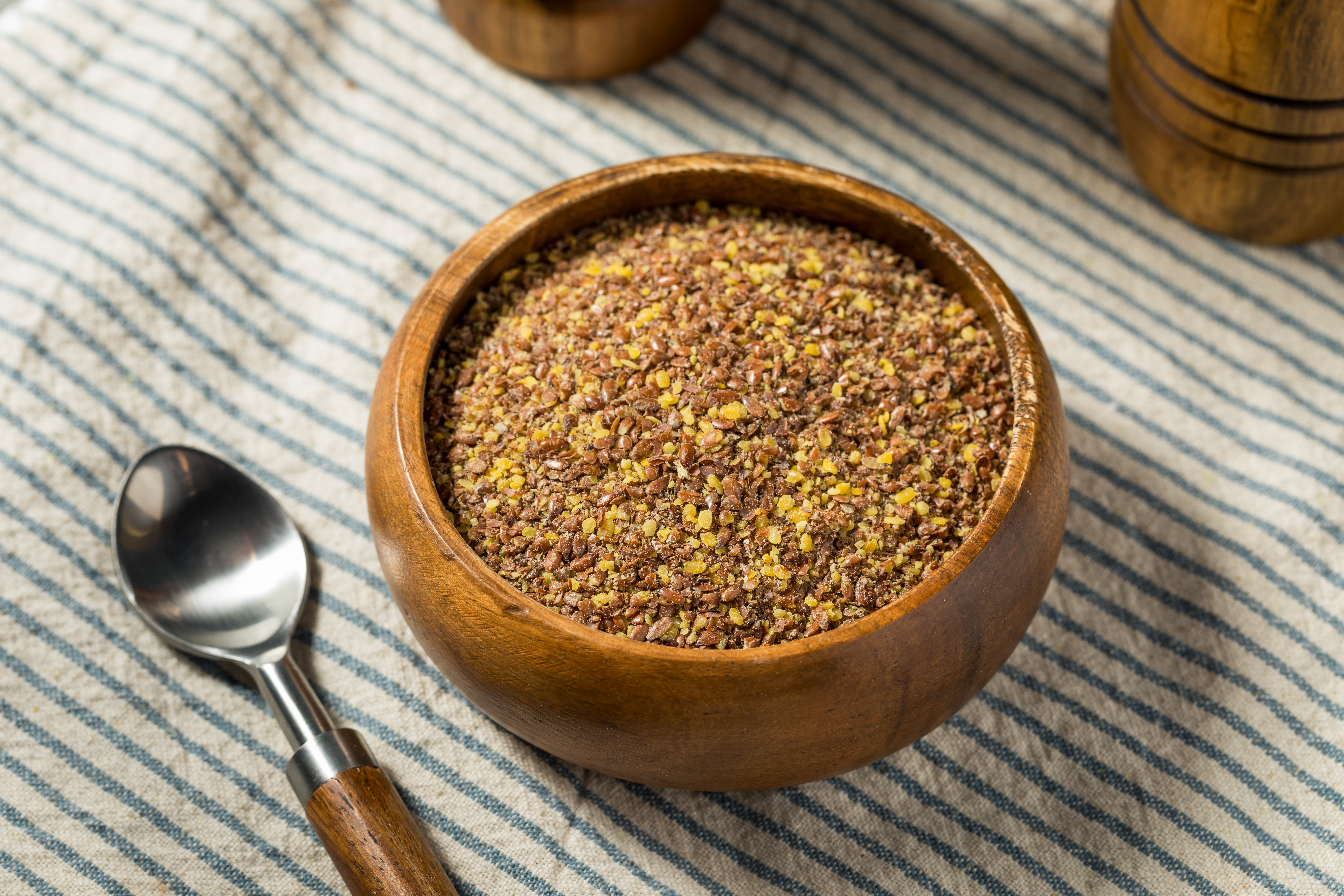
Traditional breadcrumbs, made from refined grains, offer little nutritional benefit and can contribute to inflammation. Swap them for ground flaxseed or a nut flour like almond flour when breading chicken or fish, or as a binder in meatballs. Ground flaxseed is an excellent source of anti-inflammatory omega-3s and fiber, while almond flour provides healthy fats and protein. This substitution not only makes your dishes gluten-free (if needed) but also significantly boosts their anti-inflammatory profile, directly benefiting your joints.
25. Swap Nightshades for Anti-Inflammatory Root Vegetables

For many with sensitive joints, nightshade vegetables—like eggplants, peppers, and white potatoes—contain a compound called solanine, which some find triggers arthritis flare-ups. While the science is individual, a powerful swap is to replace them with anti-inflammatory root vegetables like parsnips, carrots, or squash. These alternatives are rich in beta-carotene and Vitamin A, which help protect the lining of the joints and support a healthy immune system. By choosing these "golden" vegetables, you bypass potential triggers while flooding your body with the specific antioxidants needed to repair connective tissue and maintain mobility.
Implementing these natural food swaps offers a holistic approach to managing arthritis pain and enhancing comfort. Each swap contributes to reducing inflammation and supporting joint health, creating a synergistic effect that can significantly improve quality of life. By making informed dietary choices, you empower yourself to take control of your health and well-being. As you incorporate these changes, remember that consistency is key, and even small adjustments can lead to significant improvements over time. Embrace the journey towards a healthier, more comfortable life with these thoughtful and effective food swaps.